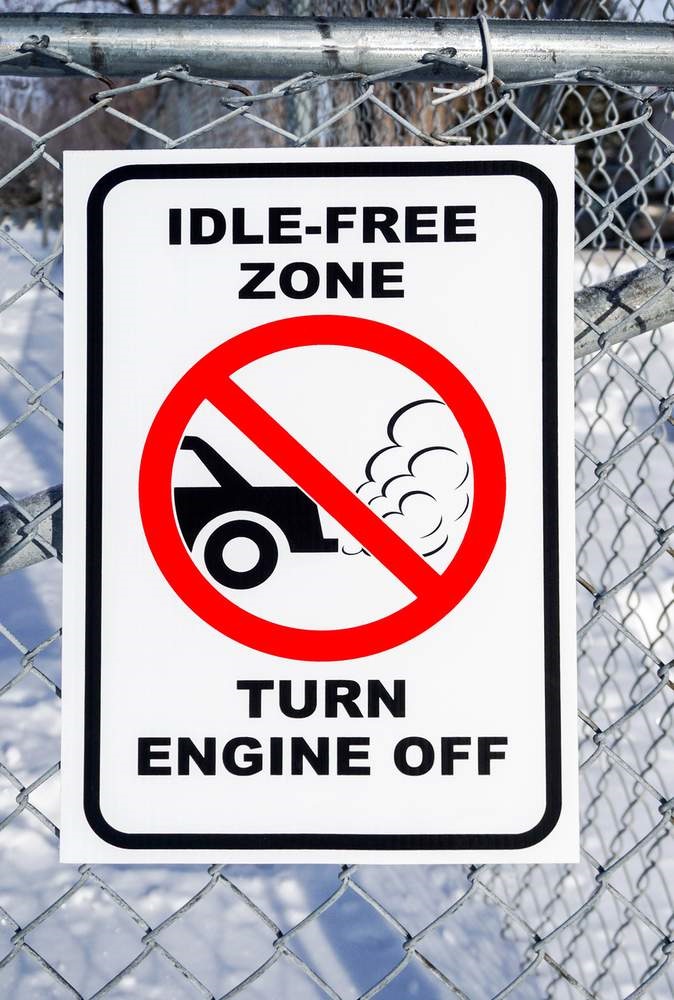30.06.17
Councils advised to introduce ‘no idling zones’ to tackle air pollution
New guidelines have been published today to improve air quality across England and reduce the impact that pollution can have on vulnerable people.
Developed by the National Institute for Health and Care Excellence (NICE) and Public Health England (PHE), the measures could introduce bylaws to introduce ‘no vehicle idling’ zones to reduce harmful emissions in areas populated by children and older people, who are more at risk to toxic pollutants.
These areas could be enforced around schools, hospitals and care homes, to name a few. Other suggestions from NICE and PHE include ways to drive more smoothly to reduce the harmful effects of air pollution, as well as pushing for people to walk and cycle more.

“Air pollution is a major risk to our health, and measures suggested so far have not managed to tackle the problem sufficiently,” said Professor Paul Lincoln, chair of the NICE guideline committee.
“This guidance is based upon the best evidence available. It outlines a range of practical steps that local authorities can take, such as the implementation of no-idling zones, to reduce emissions and protect the public.”
Air pollution has been described as the largest environmental risk linked to deaths every year, as PHE estimated that long-term exposure to particulate air pollution was responsible for around 25,000 deaths a year in England.
Road traffic contributes to more than 64% of particulates in the air in towns and cities, but NICE hopes that the new guidelines will reduce these by introducing the ‘no idling zones’.
Councils have now publicly backed the guidelines, as the LGA’s environment spokesperson, Cllr Judith Blake, said: “Good air quality is vital for our health and quality of life as well as the environment.
“Councils are already playing a pivotal role in tackling air pollution,” she continued. “These measures include encouraging the use of electric vehicles with recharging points, promoting cycling, investing in cleaner buses, managing borough-wide air pollution monitoring networks, pioneering the concept of low-emission zones, planning for new places in ways that improve air quality, and engaging with businesses to increase awareness and reduce their environmental impact.”
Cllr Blake added that councils should be able to switch their focus from simply monitoring air quality to also devising solutions to tackling poor air quality.
“This needs to be supported by government policy at a national level,” she argued. “Local impact of poor air quality varies from place to place; therefore, each area will require their own unique mix of solutions, of which reducing engine idling could be one.”
You can read the full NICE guidelines here.
Have you got a story to tell? Would you like to become a PSE columnist? If so, click here.